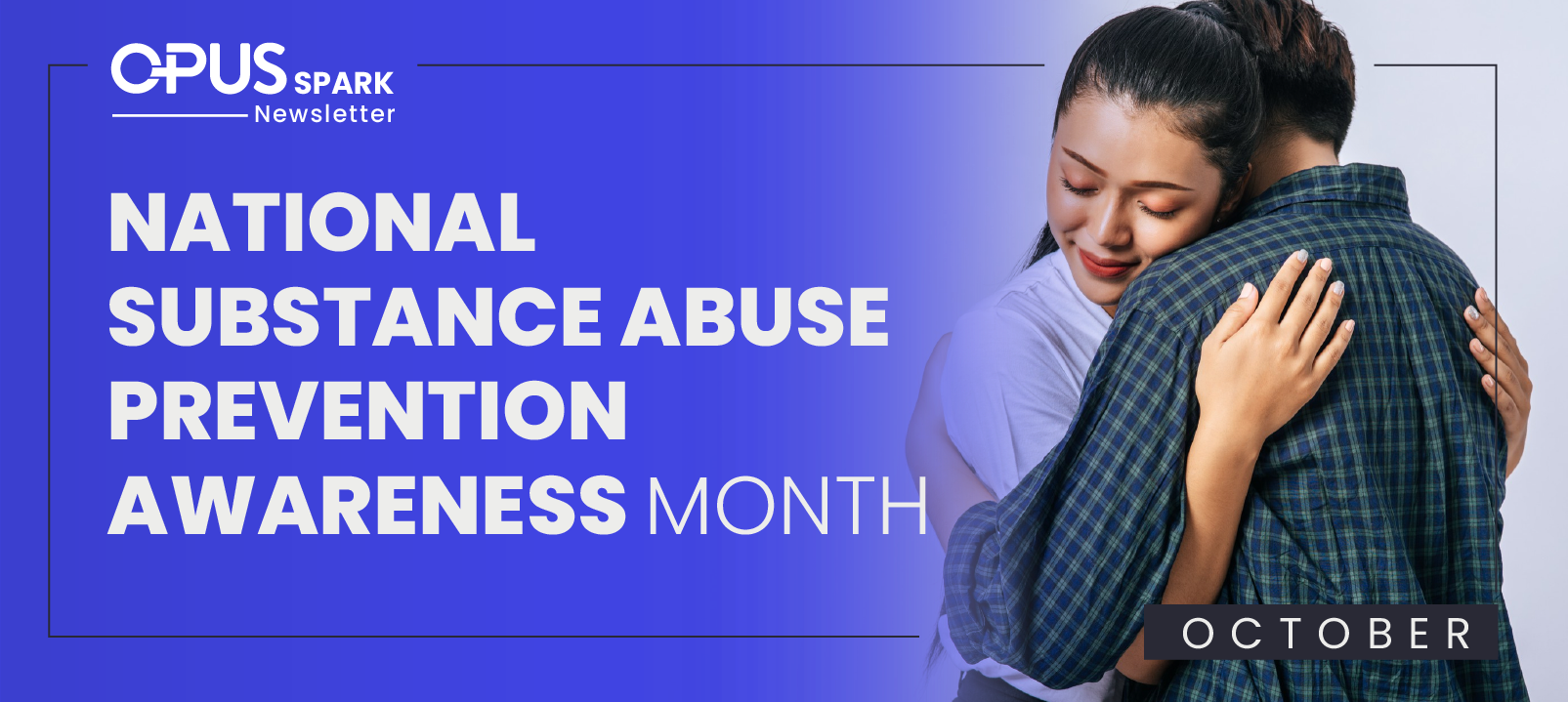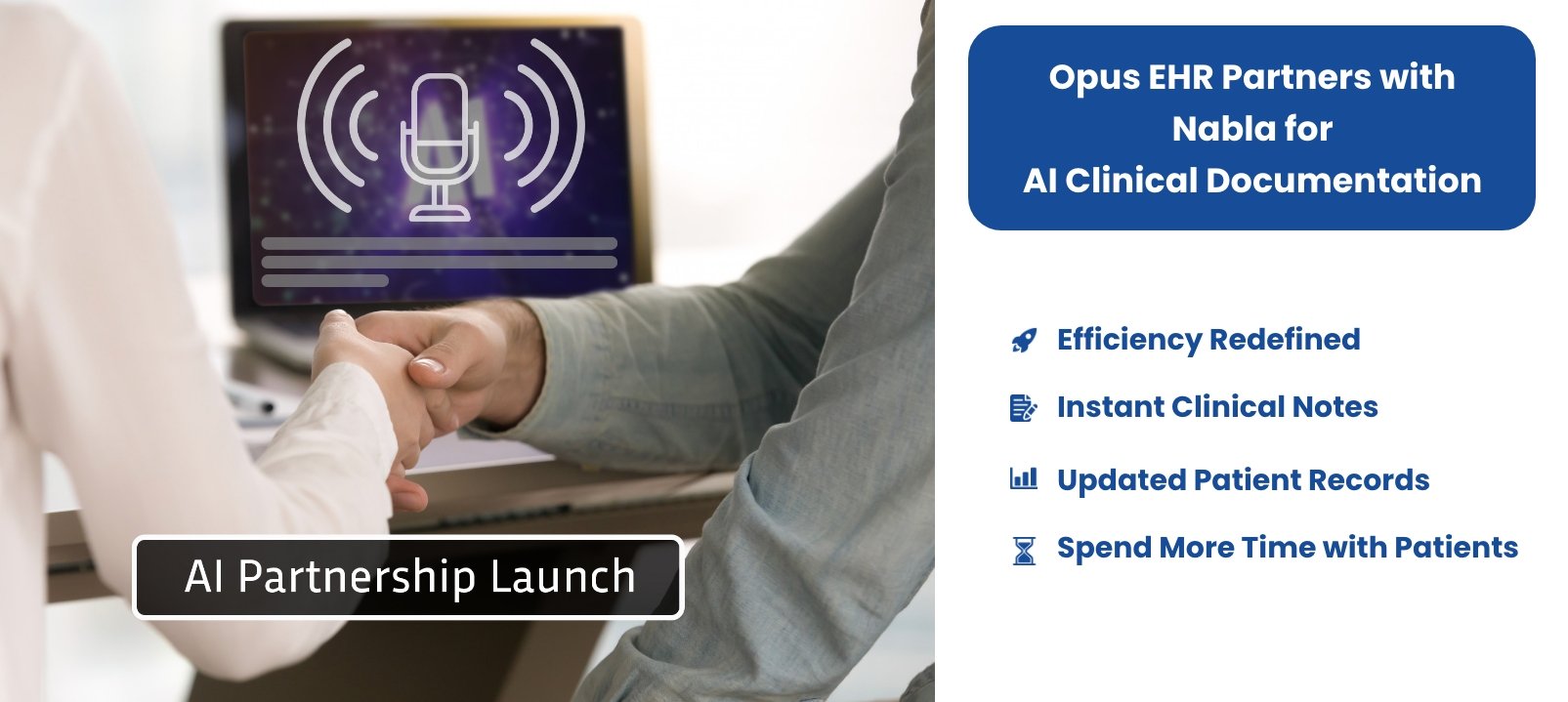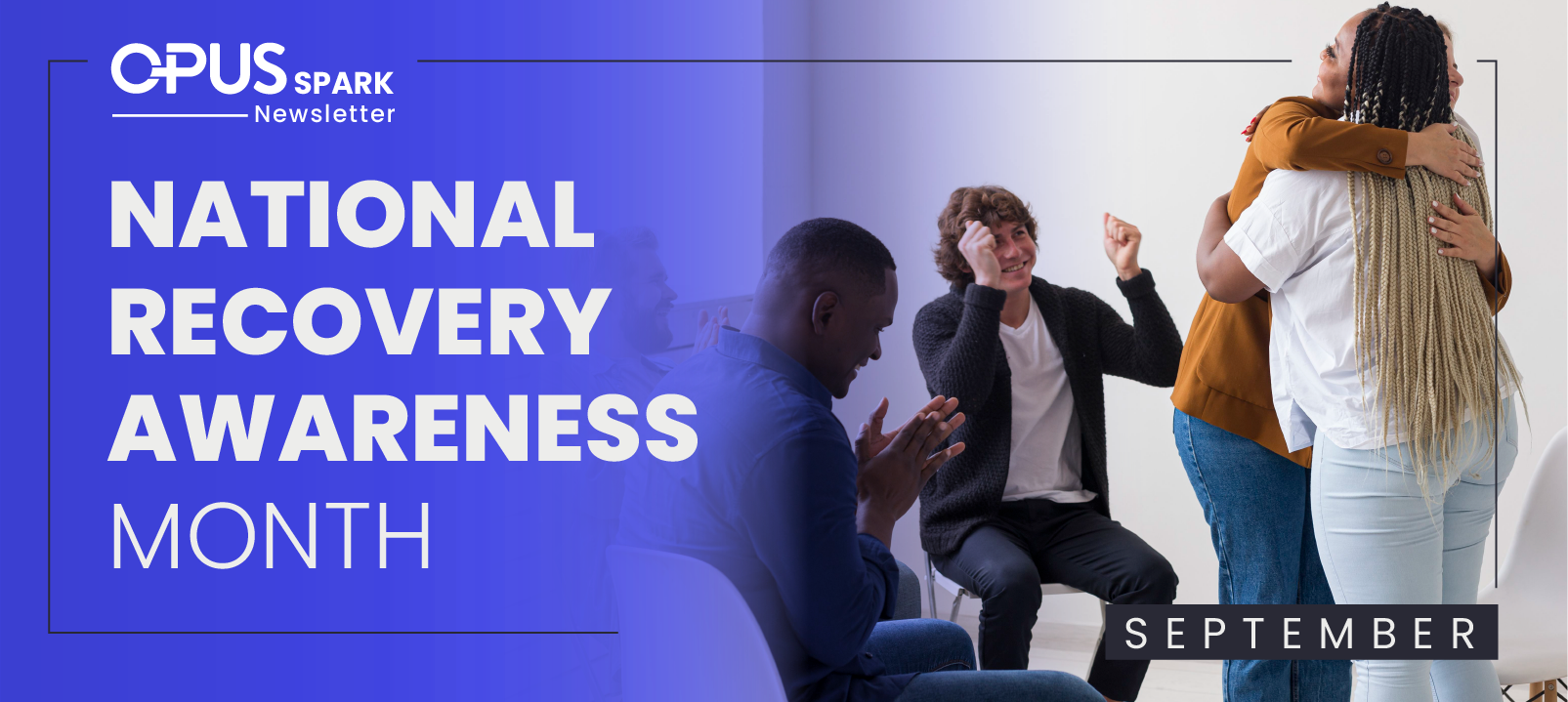National Recovery Matters
National Recovery Month is an important time to raise awareness about addiction and the importance of seeking treatment. It is a time to raise awareness about addiction and celebrate those in recovery. Clinicians and therapists at treatment centers and mental health practices play a crucial role in helping to reduce the stigma of addiction and promote recovery. Let's work together to create an environment where people can get the help they need without fear of judgment. Addiction is a disease, and it deserves our compassion.
There are many different types of addiction, including alcoholism, drug addiction, gambling addiction, eating disorders, and more. Each person's experience with addiction is unique, and there is no one-size-fits-all approach to treatment.
Addiction treatment can be very effective yet complex, it is important to remember that recovery is a process. It takes time and effort to overcome an addiction, and relapses are common. However, with the right treatment and support, recovery is possible. There are many different types of addiction. Each person's experience with addiction is unique, and there is no one-size-fits-all approach to treatment. There are many different addiction treatment programs available, and it is important to find the program that is right for those suffering.
Addiction treatment planning is a critical step in the addiction treatment process. It helps to ensure that each person receives the right type and amount of treatment, and it also helps to create a treatment plan that is tailored specifically to the person's needs.
Inpatient and outpatient programs are two of the most common types of addiction treatment programs. Inpatient programs require that you live at the treatment center while you are receiving treatment, whereas outpatient programs allow you to continue living at home. Outpatient programs are typically less expensive than inpatient programs, and they may be a better option for people who have jobs or children.
However, inpatient programs may be a better option for people who have a severe addiction or who have had difficulty staying sober in the past. Inpatient programs provide 24/7 care and support, and they can be very effective in helping people to recover from addiction.
There are also 12-step programs and other evidence-based programs. It is important to do your research and find the program that is right for you. There is no shame in seeking help for an addiction, and treatment can be very effective.
Addiction can be a serious problem for people of any age. It can cause health problems, financial problems, and relationship problems. If you think you or someone you know may be addicted to drugs or alcohol, it is important to get help. There are many addiction treatment programs available, and there is no shame in seeking help.
If you or someone you know is struggling with addiction, there are many different treatment options available. It is important to do your research and find the program that is right for you. Addiction treatment can be very effective, and there is no shame in seeking help where there are resources available to help. The National Helpline for Addiction Treatment (1-800-662-HELP) provides 24/7 confidential support for people struggling with addiction. You can also visit www.samhsa.gov/find-help to find local treatment resources. Their website has a Treatment Facility Locator that can help you find drug and alcohol treatment programs in your area. Treatment works, and there is hope for a better tomorrow. Please reach out for help! There are many people who want to support you in your journey to recovery.
The National Institute on Drug Abuse (NIDA) also has a comprehensive website on drug addiction that includes information on signs and symptoms, treatment options, and prevention measures. https://nida.nih.gov/
There are many negative consequences associated with someone engaging in the use of drugs or alcohol, continuing to use drugs or alcohol even though it is causing problems in their life, and experiencing withdrawal symptoms when they try to quit using drugs or alcohol. Such as giving up important activities in order to use substances, withdrawing from those close to them, and going down a downward spiral.
It can be difficult to tell if someone is addicted to drugs or alcohol. Often, people who are addicted will try to hide their addiction from friends and family. There are, however, certain signs that may indicate that someone is struggling with addiction.
If you suspect that someone you know may be addicted to drugs or alcohol, please don't hesitate to reach out for help. There are many people who can help get you on the road to recovery. There are certain things you can look for. The person may exhibit changes in behavior, such as becoming secretive or defensive when questioned about their activities. They may also have a sudden change in appearance, such as appearing tired or unkempt. Additionally, the person may have problems at work or school or with relationships due to their addiction.
If you are concerned that someone you know may be struggling with addiction, there are a few things you can do to help. First, try to have a conversation with the person about your concerns. If they are resistant to talking about the issue, you may want to consider seeking professional help. Additionally, there are many resources available to help those struggling with addiction, such as support groups and treatment facilities.
Addiction is a serious problem that can have devastating consequences. However, it is important to remember that addiction is a treatable disease. With the right treatment and support, recovery is possible.
At Opus EHR, we support addiction treatment centers through software efficiency so the providers can focus on what matters most, effective treatment planning. Our features allow clinicians to spend less time on systems such as single data entry for real-time status updates and system sync. Also, when in session, they can focus directly on the patient while having session information fresh as they can dictate their notes by using Opus voice-to-text feature that syncs into the notes per record session. This feature allows clinicians to get the most out of their sessions while saving time on the backend. Want to learn more? Schedule a consultation here: https://bit.ly/opusehr
In an effort to educate and open up for everyone to have a voice in the discussion, we are hosting a live webinar on September 27th at 1:00 pm est. https://www.opusbehavioral.com/addiction-treatment-webinar
What can be done now to bring awareness?
- Participated in a panel discussion on addiction at a local community center
- Write an op-ed for the local newspaper on the importance of addiction treatment and recovery.
- Speak at a city council meeting in support of a proposed ordinance that would require insurance companies to cover addiction treatment.
- Help to organize or participate in a 5K run/walk to raise awareness about addiction and to fundraise for local addiction treatment programs.
Seeking more education? Register for our upcoming webinar –






